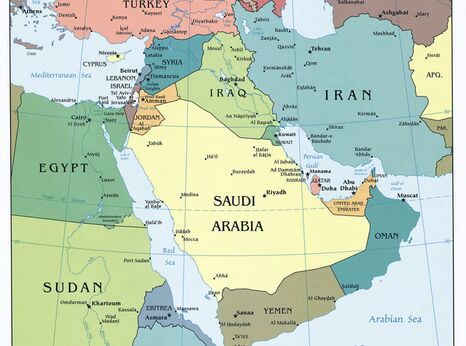Iraq: Hundreds still disappeared five years on

The enforced disappearance of hundreds of boys and men in the city of Saqlawiya in June 2016 was not an isolated incident. Since the emergence of the group calling itself the Islamic State (IS) and other armed groups, including al-Qa’ida, in Iraq, thousands of Sunni men and boys have been subjected to enforced disappearance by Iraqi security forces and state-backed militias against the backdrop of ongoing armed conflict, insecurity and rising sectarian tensions.
According to the International Committee of the Red Cross (ICRC), Iraq has the highest number of missing people in the world. The number could range from 250,000 to one million. Amnesty International has documented dozens of enforced disappearances since 2014 in the governorates of Anbar, Baghdad, Diyala and Salah al-Din. On 21 September 2016, Amnesty International sent details of 105 individual cases of enforced disappearance which took place between September 2012 and August 2016 to previous Prime Minister Haider al-Abadi, calling on him to ensure that prompt, independent and impartial investigations are carried out with a view to establishing the fate and whereabouts of the disappeared and bringing those suspected of criminal responsibility to justice in fair trials before ordinary civilian courts.
Previous government led investigations into serious human rights violations committed by the PMU also failed to provide remedy and reparation for victims. For instance, results of announced investigations into the unlawful killings and other abuses by the PMU in Barwana village and Muqdadiya city in Diyala governorate, that took place on 26 January 2015 and on 11 January 2016, respectively, have neither been made public nor held any members of PMU accountable, to the best knowledge of Amnesty International.
Iraq is a party to the International Convention on the protection of All Persons from Enforced Disappearance. Iraq’s Law on Mass Graves Affairs stipulates that mass graves should be investigated by an inter-governmental committee that includes a judge. However, to this date, authorities exhuming mass graves in the surrounding areas of Saqlawiya could not confirm if the remains found belong to any or all of the 643 men and boys.